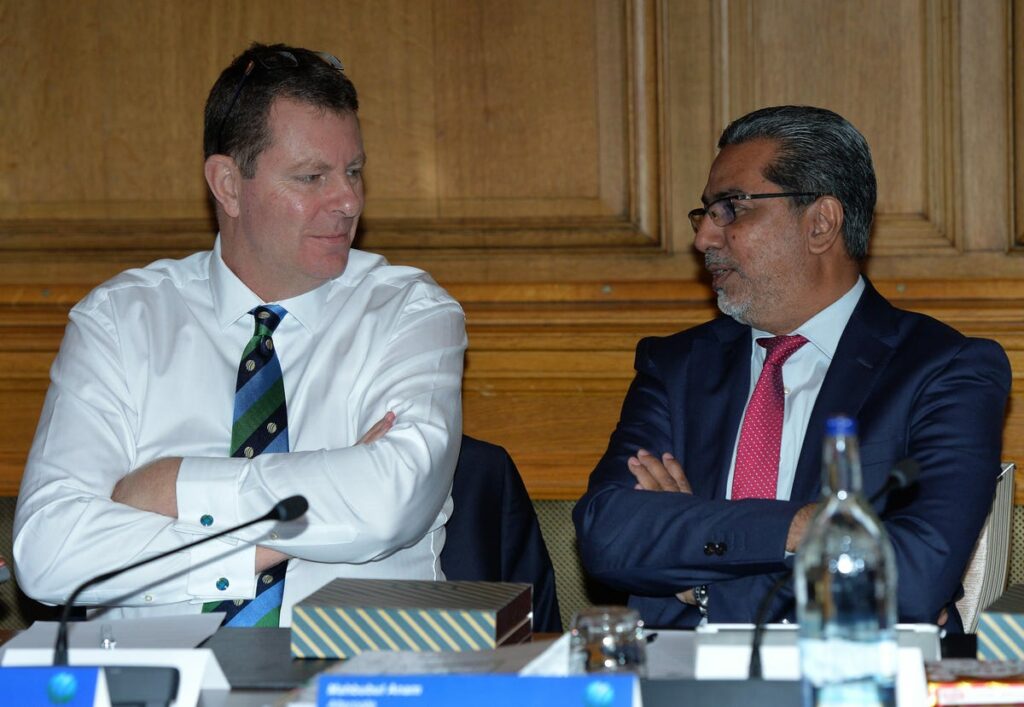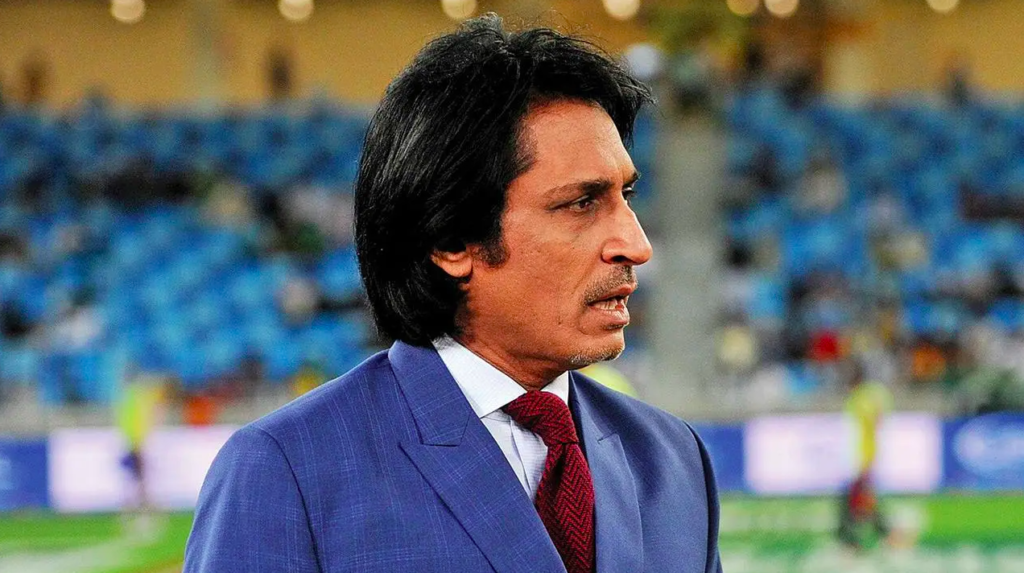The brainchild of PCB boss Ramiz Raja, the four-nation annual T20I tournament involving India, Pakistan, Australia and England, was turned down unanimously at the two-day International Cricket Council board meeting concluding on April 10.
While the governing body did not offer an official statement on rejecting the idea, multiple reports are that Ramiz’s idea was considered infeasible to execute given, not just the ICC regulations that limit member nation arrangements to trilateral events, but also the packed calendar and FTP for the next eight-year cycle 2024-31.
Notably, Ramiz had tweeted that his idea had been initially received with an open mind by fellow member nations at the meeting in Dubai.
But while Ramiz had his “fingers crossed”, when it came to final decision-making, his idea was rejected due to the realistic boundations of the packed itinerary and ICC’s own bundle of events.
As per ESPNcricinfo, “some members at the Chief Executives Committee (CEC) meeting earlier had signalled interest and approval of the generic idea of members hosting quadrangular events (which current regulations prohibit at the moment) but at the board level – although there was no vote – it was turned down.”
“Given that the ICC events schedule is now fixed for the next cycle and that the FTP is almost done, fitting something like this in was, in a practical sense, a non-starter in the short-to-medium term,”
the report added.
The ICC, which has reverted to eight major men’s competitions for the next cycle from six, is about to take the bundle of events to the market and sell its rights. In such a scenario, the governing body didn’t want any sense of ambiguity and unclarity about the potential big events that can be added at the last minute.
Ramiz’s idea was for ICC to tweak its playing conditions and pave way under its umbrella for the running of an annual Quadrangular T20I series featuring the four biggest crowd pullers. The money collected through the tournament, in broadcasting, sponsorship and all else, Ramiz said, was due to be shared between four participating countries and, interestingly, between the rest of the full-member countries and associates as well.
Also read 👉 PCB boss proposes T20I ‘Super Series’ involving India, Australia, England
The idea seemed good on the outlook but given its impracticality in a jam-packed calendar, with various domestic T20 leagues only making the itinerary more congested, and also the lack of direct involvement of eight other full-member countries, it was shot down at the board meeting.
It is believed there was initial interest amongst the likes of West Indies and Sri Lanka about the money that they could fetch from the success of such a tournament. But when it came down to the final decision-making and backing its case, they pulled themselves back.

In another key decision taken at the board meeting, the ICC’s current chairman Greg Barclay will continue at his post and finish his two-year term in November. The ICC members also agreed upon the new process to decide on Barclay’s replacement by the end of this year.
When the time to appoint the new ICC chair arrives, member nations will give their votes to potential candidates and the person with the majority of votes will be positioned at the helm. This is a technical change from the process used to identify Barclay as Shashank Manohar’s replacement in November 2020, when he required two-thirds of the votes out of 16 board directors to claim the majority.


